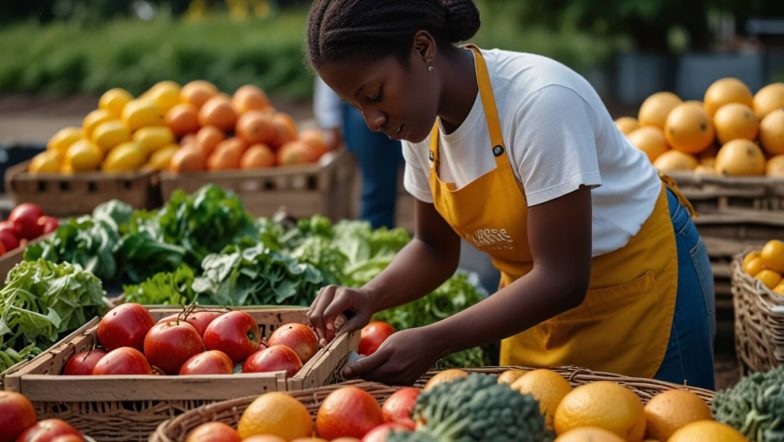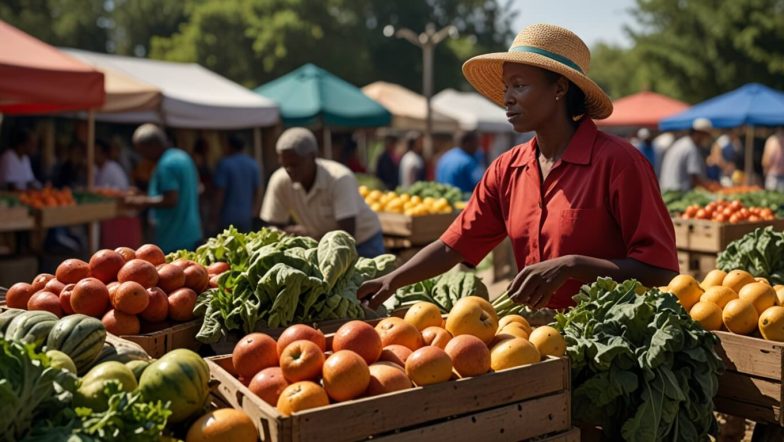One pressing issue in Nigeria is whether food importation is a viable solution to high food inflation. Here’s a closer look at the pros and cons of food importation and sustainable alternatives.
Pros of Food Importation:
Food importation can provide immediate relief from food shortages and high prices. By importing food, the government can stabilize the market and ensure that essential commodities are available to the population. This can be particularly beneficial during periods of poor harvests or natural disasters that disrupt local food production.
Cons of Food Importation:
However, relying on food importation has significant drawbacks. It can lead to a dependency on foreign markets, making the country vulnerable to global price fluctuations and trade policies. Additionally, importation can undermine local farmers by flooding the market with cheaper foreign produce, which can discourage domestic production and investment in the agricultural sector.
Sustainable Alternatives:
A more sustainable approach to addressing food inflation involves investing in local agriculture. This includes providing farmers with access to modern farming techniques, quality seeds, and fertilizers. Improving infrastructure, such as roads and storage facilities, can also reduce post-harvest losses and increase market access for farmers. Furthermore, implementing policies that support small-scale farmers and promote agricultural research can boost local food production and reduce the need for imports.
Long-Term Benefits:
Investing in local agriculture not only






Leave a comment